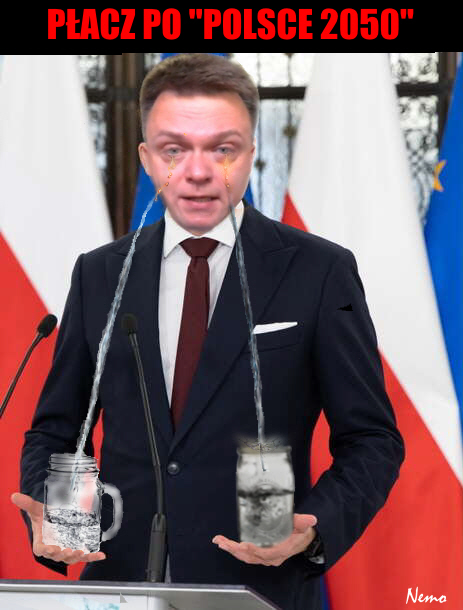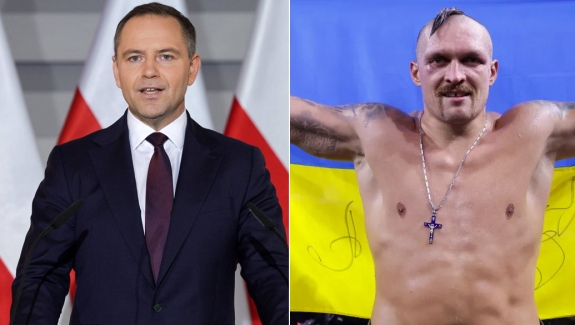In Spain's changing political landscape, 1 force on the right clearly gains support among spiritual voters: VOX. A national-conservative party, long known for its uncompromising stance on immigration, is increasingly gaining the loyalty of Catholics – even if this means openly opposing the hierarchy of the Church.
According to the latest CIS barometer, 3 out of 4 VOX voters declare themselves Catholic. Of this, 39% claim to practice faith, and 61% mention to itself as impractical. Only 6% are atheists. The spiritual profile now translates into a measurable political gain: according to the ‘El Mundo’ poll, VOX has gained over 300,000 Catholic voters in the last 2 months.
Santiago Abascala's sharper rhetoric on migration became a turning point. The VOX leader not only reiterated calls for "mass deportations" of illegal immigrants, but besides supported the simplification of public spiritual practices of Muslims. The loudest case occurred in Jumilla, a tiny municipality in Murcia, where local authorities, with the support of VOX councillors, prohibited Muslims from utilizing sports halls to pray together. The Spanish Episcopal Conference (CEE) condemned this decision as discriminatory. Abascal's consequence was confrontational: he suggested that any bishops may avoid criticism of migration policy, as the Church receives state grants related to aid to migrants. He besides pointed out that ongoing investigations into sexual abuse among clergymen undermined the hierarchy’s ability to talk freely.
For Abascal it was not only criticism of the leaders of the Church, but besides demonstration of political independence. "I am a Catholic, but I have a political work and will carry it out," he said. The message to Catholic voters was clear: VOX is willing to defend the Christian heritage of Spain even against the opinion of bishops.
The polling data confirm the effectiveness of this strategy. Among Catholics practicing support for VOX grew from 18.7% in June to 24.1% in August – it was 268,000 fresh voters. In a group of non-practical Catholics, growth was smaller, from 15.5% to 15.9%, which gives an additional 35,000 votes. For comparison, the ruling PSOE lost 5 percent points at the time among practicing Catholics, and the main opposition from the centre-right, the People's organization (PP), failed to take over these voters. VOX became the beneficiary of the spiritual electorate.
Strong support for this policy stems from converging views on migration. As many as 75% of VOX voters believe that the integration of immigrants in Spain is failing, and most say that immigrants are simply besides many. These opinions are common to both Catholic practitioners and non-practical VOX electorates, which gives Abasca a political mandate to keep the course even in the face of opposition from the Church.
For many Catholic VOX supporters, the dispute with bishops is not limited to the issue of migration. It is about defending Spain's imagination as a historically Catholic nation facing a cultural threat today. Immigration from Muslim countries is seen not only as an economical or safety challenge, but besides as a threat to the country's spiritual and civilizational identity.
This sentiment is associated with earlier disputes, including the destiny of the monumental complex of the Valley of the Deceased. For the VOX electorate conducted by socialists, the "resignification" of this place – in consultation with the Vatican – was an act of destroying Christian symbols in public space. The Abascala organization presents specified actions as part of a wider process of erasure of Spain's Christian identity, which it intends to reverse.
Open questioning of the position of the Episcopate marks a departure from the postwar tradition of the Spanish right, which usually avoided conflict with the Church. In the past, conservatives, like PP, tried to keep close relations with hierarchy even in the case of program differences. However, VOX sees a political advantage in contrast to the clergy.
It's partially the effect of generational change. The younger Catholics are little submissive to the authority of the organization Church and more frequently combine spiritual identity with nationalism. The VOX strategists seem to realize this and believe that as long as their position is in line with the beliefs of the faithful, they can afford a tense relation with the bishops.
But there is simply a risk. The Catholic hierarchy inactive has moral influence, especially in tiny cities and agrarian areas, where the Church is part of the local social fabric. Open clashes may alienate older voters or those who stay faithful to their pastors. However, so far, the polls indicate that profits outweigh losses.
The success of VOX in acquiring Catholics is part of a wider European trend. In countries specified as Poland and Italy, national parties get spiritual voters, combining religion with border safety and cultural protection. They frequently redefin Christian identity as a civilizational sign, not just a theological sign, which allows them to attract both practicing believers and alleged cultural Catholics. The VOX electorate – a mixture of believers and non-practicers – fits into this scheme.
As the turbulent political period approaches, VOX's ability to mobilize Catholic voters may prove decisive. The organization is betting that a spiritual identity combined with a hard migration policy is simply a stronger binder than loyalty to the Episcopal. If current trends persist, it can permanently change relations between Spanish conservatism and the Catholic Church.
Santiago Abascal feels free to play both a professing Catholic religion and a political rebel. Its message is simple: the defence of the religion and the borders of Spain cannot be left to the pulpit alone. For hundreds of thousands of Catholics present this sounds more crucial than bishops' calls for restraint. Whether it is simply a temporary shift of the electorate or the beginning of a permanent change – depends on how the Church and VOX handle this tense coexistence. It is only certain that the bond between faith, borders and power in Spain has never been so politically charged – and so electorally profitable.










![A gdyby śmierci nie było? [o „Trzecim królestwie” Knausgårda]](https://krytykapolityczna.pl/wp-content/uploads/2025/07/Szablon-rozmiaru-obrazkow-na-strone-2.png)




